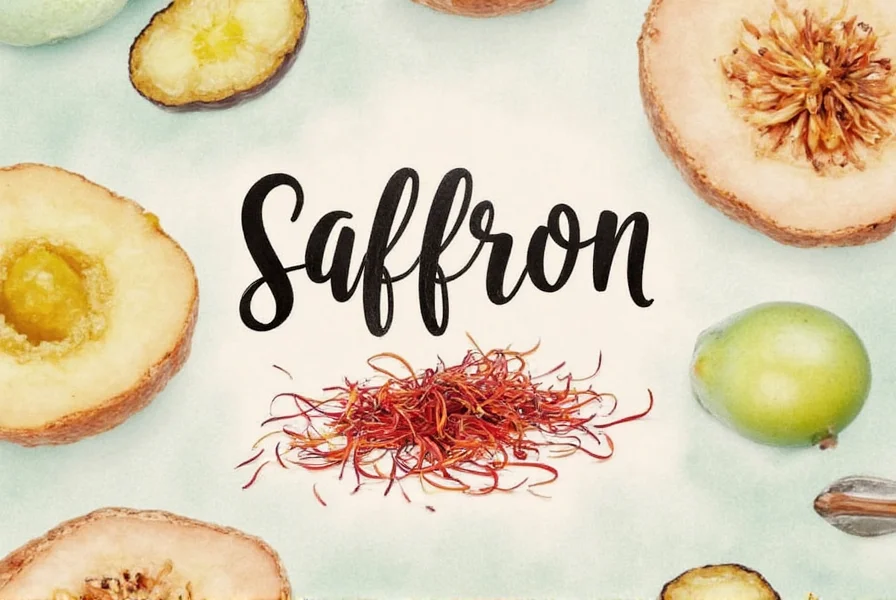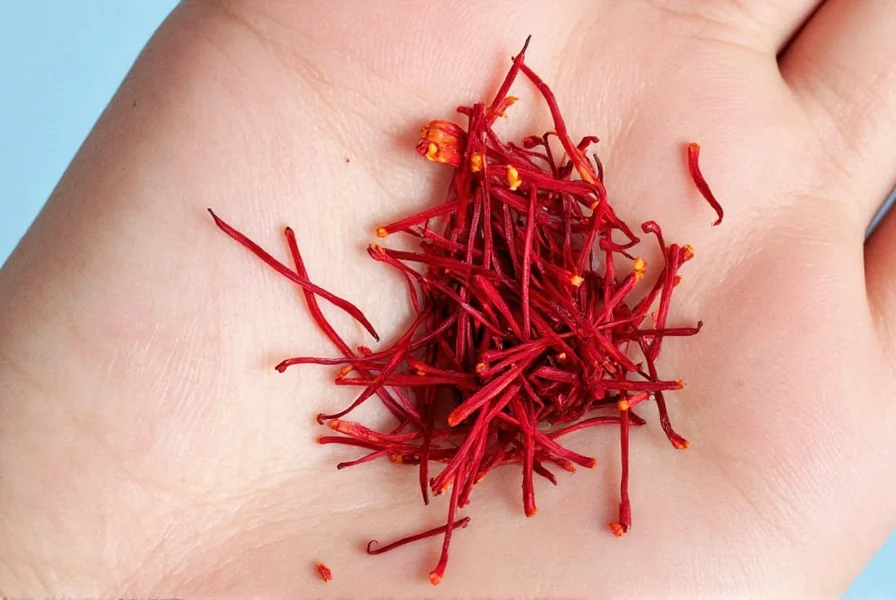As interest in natural approaches to mental wellness grows, saffron has emerged as a promising botanical with potential anxiety-reducing properties. This vibrant red spice, derived from the Crocus sativus flower stigma, contains bioactive compounds like crocin and safranal that appear to influence neurotransmitter activity in ways that may alleviate anxiety symptoms.
The Science Behind Saffron and Anxiety Relief
Research into saffron's effects on anxiety has accelerated in recent years. A 2022 meta-analysis published in Phytomedicine reviewed eight randomized controlled trials involving 712 participants. The analysis concluded that saffron supplementation significantly reduced anxiety symptoms compared to placebo, with effects comparable to some conventional anti-anxiety medications but with fewer reported side effects.
The primary mechanisms through which saffron may reduce anxiety include:
- Serotonin modulation: Saffron compounds appear to inhibit serotonin reuptake, similar to selective serotonin reuptake inhibitors (SSRIs)
- GABA enhancement: Safranal may increase GABA activity, producing calming effects
- Anti-inflammatory properties: Chronic inflammation correlates with anxiety disorders, and saffron demonstrates significant anti-inflammatory effects
- Antioxidant activity: Oxidative stress contributes to anxiety, and saffron's potent antioxidants may help counteract this process
| Study | Participants | Dosage | Duration | Results |
|---|---|---|---|---|
| Hausenblas 2021 | 120 adults with mild anxiety | 30mg/day saffron extract | 8 weeks | 31% reduction in anxiety scores vs 12% placebo |
| Kianpour 2019 | 60 adults with anxiety disorder | 30mg/day saffron extract | 12 weeks | Comparable to sertraline with fewer side effects |
| Lopresti 2020 | 80 adults with anxiety symptoms | 15mg twice daily saffron | 6 weeks | Significant improvement in anxiety measures |
How Saffron Compares to Conventional Anxiety Treatments
While prescription medications like SSRIs remain first-line treatments for clinical anxiety disorders, saffron shows promise as a complementary approach. Unlike many pharmaceutical options, saffron generally produces fewer side effects. Common medications often cause sexual dysfunction, weight gain, or emotional blunting, while saffron's most frequently reported side effects are mild and include dry mouth or occasional dizziness at higher doses.
It's important to note that saffron research primarily focuses on mild to moderate anxiety symptoms. For severe anxiety disorders or panic disorder, conventional treatments remain essential. Saffron may work best as part of a comprehensive anxiety management plan that includes therapy, lifestyle changes, and potentially conventional medication when necessary.
Practical Guidance for Using Saffron for Anxiety
Based on current research, effective saffron supplementation for anxiety typically involves:
- Dosage: 15-30mg of standardized saffron extract daily (containing 2-3% crocin)
- Timing: Morning administration appears most effective for anxiety management
- Duration: Most studies show benefits emerging after 4-6 weeks of consistent use
- Form: Extracts standardized for crocin content show more consistent results than culinary saffron
When selecting saffron products, look for third-party testing verification. The market contains many adulterated saffron products that won't deliver the promised benefits. Reputable manufacturers provide certificates of analysis showing crocin and safranal content.

Safety Considerations and Potential Interactions
Saffron demonstrates a favorable safety profile at research-backed dosages, but certain precautions apply:
- Avoid high doses (above 1.5g daily) which may cause serious side effects
- Do not combine with SSRIs or other serotonin-affecting medications without medical supervision due to potential serotonin syndrome risk
- Pregnant women should avoid therapeutic doses as saffron may stimulate uterine contractions
- Those with bipolar disorder should use caution as saffron might trigger manic episodes
- Stop saffron at least two weeks before surgery due to potential blood-thinning effects
Always consult with a healthcare provider before adding saffron to your anxiety management regimen, especially if you take other medications or have underlying health conditions. This natural approach to saffron anxiety relief should complement—not replace—professional medical care.

Integrating Saffron into a Comprehensive Anxiety Management Plan
For those interested in exploring saffron for anxiety, consider it as one component of a multifaceted approach. Combine saffron supplementation with evidence-based strategies such as cognitive behavioral therapy, regular exercise, mindfulness practices, and proper sleep hygiene. Track your anxiety symptoms systematically to determine if saffron provides noticeable benefits for your specific situation.
Remember that individual responses to saffron vary. Some people experience significant anxiety reduction, while others notice minimal effects. This variability reflects the complex nature of anxiety disorders and individual biochemistry. If you don't observe improvements after 8-12 weeks of consistent use at appropriate dosages, saffron may not be the right option for your particular anxiety profile.
Looking Ahead: Future Research Directions
While current evidence for saffron anxiety benefits is promising, researchers acknowledge limitations in existing studies. Most trials have been relatively small and short-term. Larger, longer-duration studies are needed to establish optimal dosing protocols, understand long-term safety, and identify which anxiety subtypes respond best to saffron treatment.
Scientists are also investigating whether specific saffron compounds (like crocin versus safranal) have distinct effects on different anxiety symptoms. This research could lead to more targeted saffron-based interventions for particular anxiety manifestations, potentially improving efficacy while minimizing unnecessary supplementation.











 浙公网安备
33010002000092号
浙公网安备
33010002000092号 浙B2-20120091-4
浙B2-20120091-4